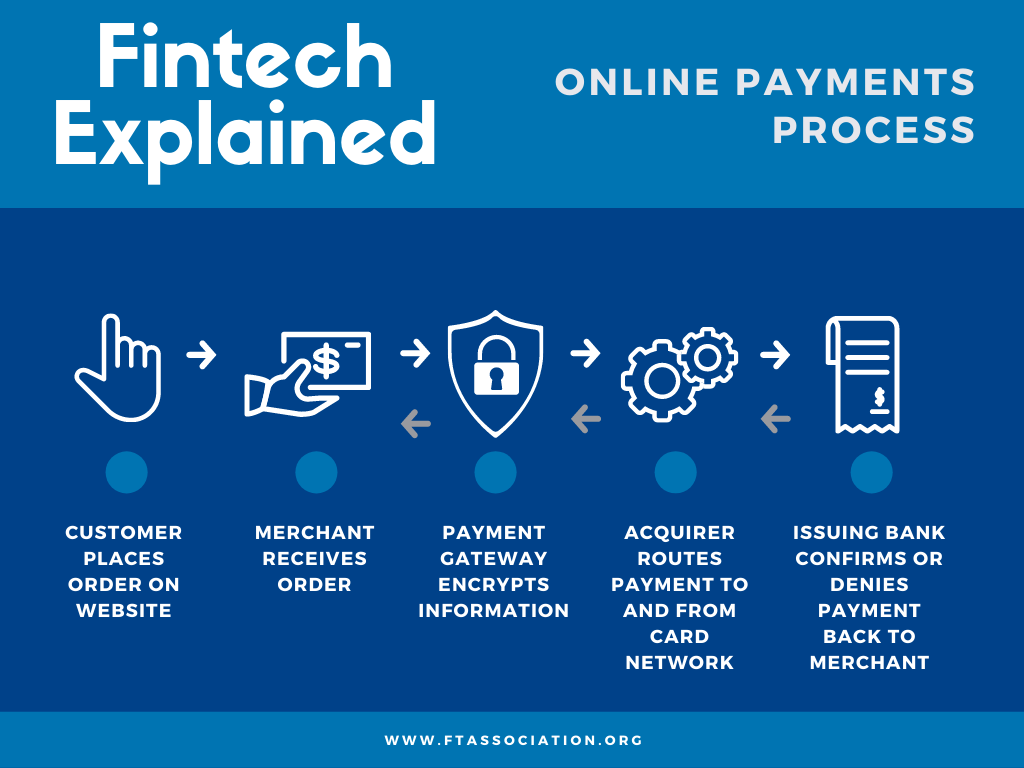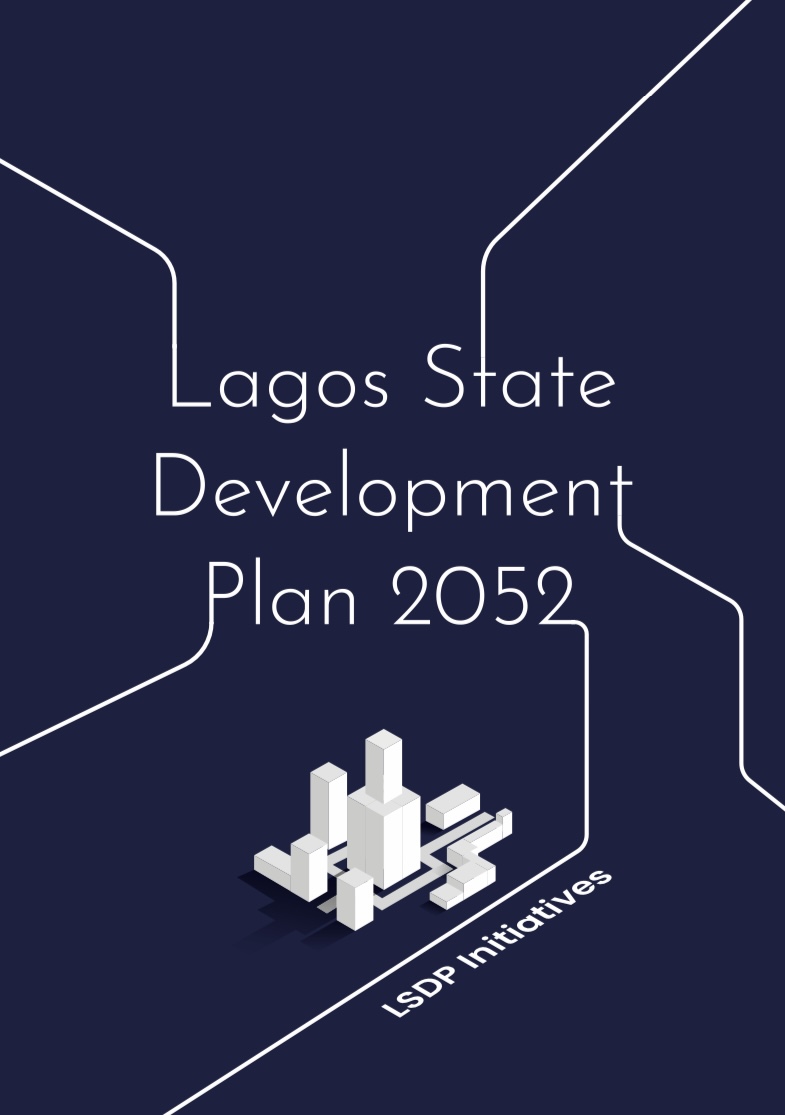By Felicia Nwosu
The popular saying, ‘Necessity is the mother of invention’ has continued to play out in the nation’s financial landscape. Feelers from the market indicates that the disruption in the economy, the cash crunch, liquidity problems and erratic network services have led to a stiff tussle for share of wallet between the regular brick and mortar, and mobile banks.
Given the hurried and impractical nature of the implementation of the redesign policy as evinced by the thirty day compliance with the old naira notes return, the emasculation of commercial banks through cash denials, since the introduction of the naira redesign policy by the Central Bank of Nigeria, CBN, customers have taken a dramatic shift to the new found financial platforms. Now, fintechs, Point of Sales (POS) agents and banks have to struggle to have a bite of the customers’ share of wallet through various unparralled services to withstand stiff competition.
The challenges posed by the redesign of the naira has helped to redefine the fintech banking ecosystem as it led to the discovery of various mobile money platforms by customers.
Many customers have suffered in the hands of conventional banks for lack of cash and network for transaction, as well as the exorbitant charges from POS operators. These frustrated customers have been forced to follow the moving train to what they described as more reliable and dependable platforms.
MARKETING EDGE in an exclusive interview with a financial expert in the fintech space, Nengi Akinola, Head, Marketing and Branding at FairMoney, believes that the challenges from the execution of the naira redesign has repositioned fintechs as a credible substitute to cash transactions to an extent.
“It has led to increased awareness and adoption of fintech solutions as more people became familiar with digital financial services. We have seen increased patronage of bank transfer services, card services as well as POS and merchant banking services. We would need consistent and intentional initiatives to drive awareness for the new segment of users who have recently embraced digital financial services.
She said Nigeria fintech landscape has witnessed massive investments in the continent by global value chains, with total funding invested into tech startups on the continent reached $6.5B, an increase of 8% versus 2021, an indicator of Africa’s viability as citied in a report by Partech partners.
“The growth recorded by the Nigerian fintech industry is also significant. According to a report by McKinsey, the Nigerian fintech industry could potentially generate up to $88 billion in annual revenue and create over three million jobs by 2025.
She confirmed that while it is true that financial fraud can occur on fintech platforms, that even traditional banking platforms, it is not necessarily true that it is not traceable. According to her, Fintech companies often have robust security measures in place to prevent fraud, including biometric authentication, encryption, and transaction monitoring. While in the event of fraud, fintech companies can work with law enforcement agencies to investigate and trace the source of the fraud.
To mitigate against financial fraud on fintech platforms, she urged customers to use strong and unique pass words for their accounts and avoid sharing their phones or personal account details with anyone.
“Enable two-factor authentication, face ID, fingerprint and others for added security. Fintech providers should also invest in robust security measures and educate their customers on how to stay safe online, by working together, both customers and fintech companies can mitigate the risks of financial fraud and build trust in digital financial services.
Meanwhile some of the customers of both the fintechs and commercial banks who chatted with MARKETING EDGE shared their diverse reasons why they move to mobile banking or chose to remain where they are. According to them, these are driven by several advantages which bother on the satisfaction of the services received which include financial security, convenience, accessibility, empathy, cost-effectiveness, speed and other incentives.
Elizabeth Olaniyan, a business woman is one of the customers who newly moved from two conventional banks to one of the mobile apps. She said she got frustrated with the two banks she operates with for lack of network and exorbitant charges.
I could not bear it any longer, before I used to boast with my former bank, but honestly, it was very frustrating and now, I wished I had moved long ago. There are lots of advantages when you use these mobile banking apps such as cheaper transfer charges, faster network and I am even enjoying the freebies they give me when I make a referral.
Mrs. Kemi Oyewole, another business woman, reiterated how satisfied she is with her FirstBank account since over the years, even when people call her old school for refusing to move as she has been enjoying seamless digital money transfer.
“For me, FirstBank is the bank because throughout this period of no network scenario, I have been doing my financial business successfully without any hitches. Apart from the fact that they were not dispensing money at the initial stage, I have not seen any reason to complain. Unlike some banks that charge maintenance fees for alert messages, FirstBank does not charge me and I still receive alert when transaction is made”
Afeez Ibrahim, a POS operator testified that he prefers to do money transfer with customers whose accounts are with fintechs than the conventional banks.
“I noticed that it is always very easy, fast and cheaper for me to transfer money to fintech apps numbers than to the other banks. Transfer to banks sometimes takes four days or even one week before the money would be transferred. Even some people will come here to fight me that the money they sent has not been received.”
Roseline Bassey, a fashion designer, revealed that she got the idea from one of her customers who needed to make a payment to her, but she refused and complained that, she has not been able to access previous transactions made by other customers.
“I never about these fintech banks until my customer asked me to try it out. I am scared about insecurity so someone will not steal my hard earned money. So what I usually do, is to transfer certain amount from my main bank to avoid stories that touch the heart. But seriously, I have found peace since then because I got tired of calling customers that I have not received their transfer.”
Cyril Awa, a supermarket owner said he has been using his conventional bank for more than three decade now but was forced to move when his daughter who was supposed to come home from school for the election could not access the money.
“My Sister, this cashless period opened my eyes to new kind of service. Although I was enjoying my bank but all of a sudden, the whole network ceased, the worst was there was nobody to complain to both physically and online, because no customer care anywhere, the bank was locked throughout. It is even cheaper to buy airtime from them (fintechs).”
Mama Ore, a makeup dealer, said she has four different accounts with the conventional banks but would have loved to move to the trendy side but she is being careful not to fall a victim to fraudsters.
“I have heard about them, even my children use them and each time I complain about all these other banks, they mock me and call me old school. I can’t move to a bank that I don’t know where its building or branches are. Who I will run to when bank fraudsters steal my money? I prefer the ones I am using for now. My children have been trying to convince me but, honestly, I can’t trust such things.”







Comment
No comments found.